
Goal
I can use can to talk about permission.
許可について話すために、can の使い方を学びましょう。
Grammar Point
Use can to talk about permission.
許可について話すには、canを使います。-
Add can before the dictionary form of the verb.
原形の動詞の前に can を置きます。
SENTENCE | CAN SENTENCE |
|---|---|
|
You smoke in the restaurant. |
You can smoke in the restaurant. |
|
He sits here. |
He can sit here. |
横にスワイプ
You can borrow my book.
あなたは私の本を借りることができます。
He can open the window.
彼は窓を開けることができます。
Be careful: Can is a modal verb, so it does not take third-person s.
She cans eat on the train.
She can eat on the train.
-
To ask questions about permission, move can before the subject.
許可について質問するには、can を主語の前に動かします。
SENTENCE | QUESTION |
|---|---|
|
I can ask a question. |
Can I ask a question? |
|
She can go to the bathroom. |
Can she go to the bathroom? |
横にスワイプ
Can I borrow a pen?
ペンを借りることはできますか?
Can he go to the bathroom?
彼はトイレに行くことができますか?
-
Use short phrases to positively answer questions about permission.
許可についての質問に、短い文を使って肯定的に答えましょう。
POSITIVE ANSWERS
Yes, I can.
Yes, you can.
Yes, he can.
Yes, she can.
Yes, it can.
Yes, we can.
Yes, they can.
Q: Can I put my bike here?
A: Yes, you can.
Q: ここに自転車を置くことはできますか?
A: はい、できます。
Q: Can he bring his friend?
A: Yes, he can.
Q: 彼は友達を連れてくることができますか?
A: はい、できます。
-
Use short phrases to negatively answer questions about permission too.
許可についての質問に、短い文を使って否定的に答えましょう。
NEGATIVE ANSWERS*
Sorry, I can’t.
Sorry, you can’t.
Sorry, he can’t.
Sorry, she can’t.
Sorry, it can’t.
Sorry, we can’t.
Sorry, they can’t.
NEGATIVE ANSWERS*
No, I can’t.
No, you can’t.
No, he can’t.
No, she can’t.
No, it can’t.
No, we can’t.
No, they can’t.
*sorry sounds more polite than no
*sorry は no よりも丁寧に聞こえます
Q: Can I put my bike here?
A: Sorry, you can’t.
Q: ここに自転車を置くことができますか?
A: 申し訳ありませんが、できません。
Q: Can he bring his friend?
A: No, he can’t.
Q: 彼は友達を連れてくることができますか?
A: いいえ、できません。
-
Use cannot to talk about a lack of permission.
許可できないことについて話すには、cannot を使います。
You cannot use a dictionary.
あなたは辞書を使うことはできません。
He cannot watch TV tonight.
彼は今夜、テレビを観ることができません。
-
In casual spoken and written English, cannot is usually contracted. Please try to use the contracted form throughout this lesson.
カジュアルな話し言葉・書き言葉では、cannot は通常、短縮形で使われます。このレッスンを通して、短縮形を使ってみましょう。
FORMAL ENGLISH | CASUAL ENGLISH |
|---|---|
|
cannot |
can’t |
横にスワイプ
You can’t use a dictionary.
あなたは辞書を使うことはできません。
He can’t watch TV tonight.
彼は今夜、テレビを観ることができません。

Sentence Builder
You can use your phone on the train.
-
He can sit here.
-
You can’t eat on the train.
-
Can I smoke in the restaurant?
-
She can borrow my pen.
-
You can open the window.
-
Yes, we can.
-
Can I have some water?
-
You can’t use a dictionary.
-
No, you can’t.
-
Can I go to the bathroom?

Practice
Make sentences using the grammar point, the words in the box, and the pictures and words below. The form of some words may need to be changed.
グラマーポイント、ボックスの中の語句、そして以下の写真と語句を用いて文を作りましょう。いくつかの語句は形を変える必要があります。ask
use
put
bring
smoke
open
drink
play
sit
eat
skateboard
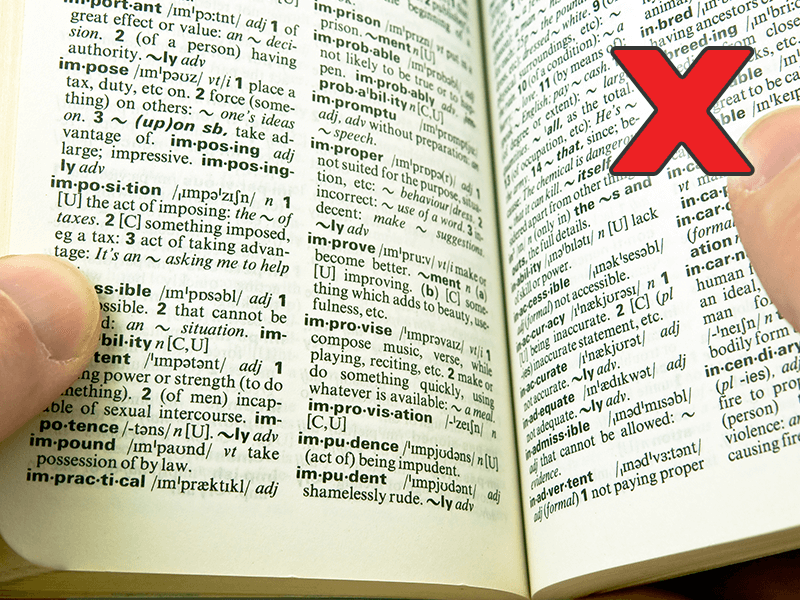
you / a dictionary
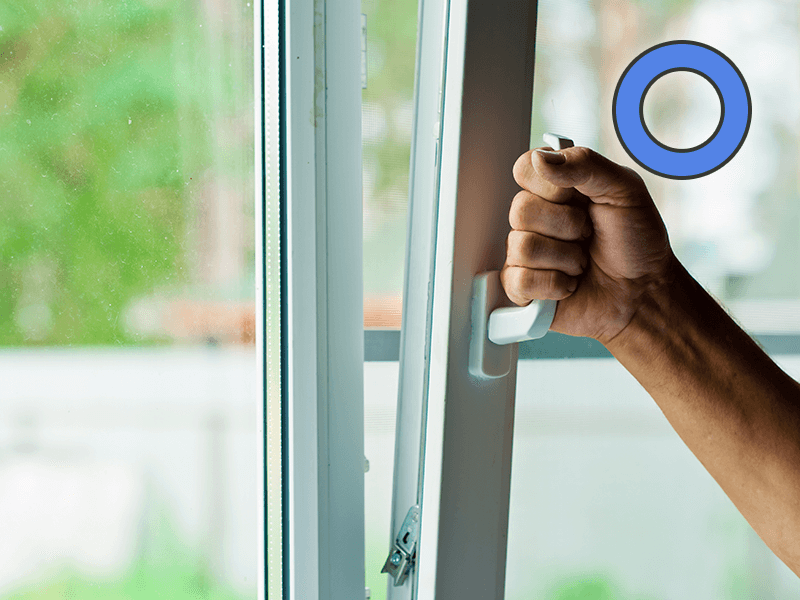
-
he / the window

-
you / on the train

-
I / a question

-
he / alcohol / here
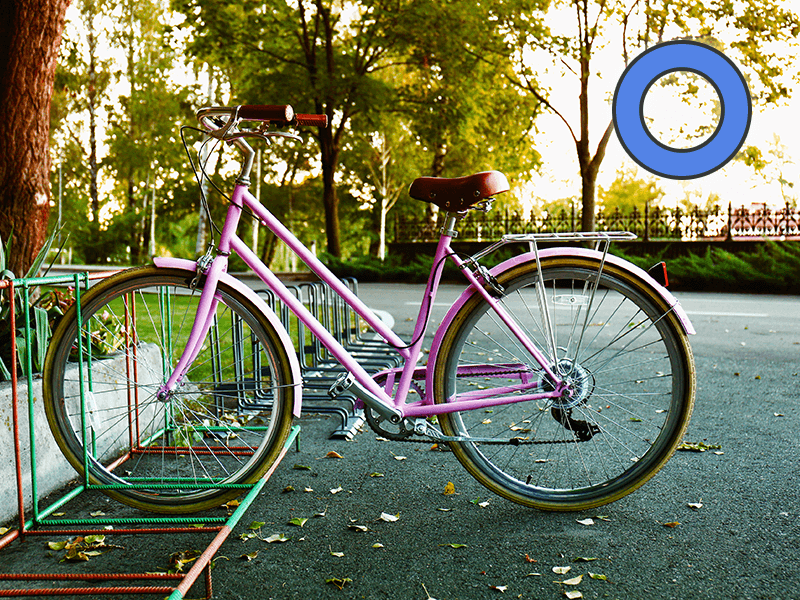
-
you / your bike / here

-
we / in the restaurant
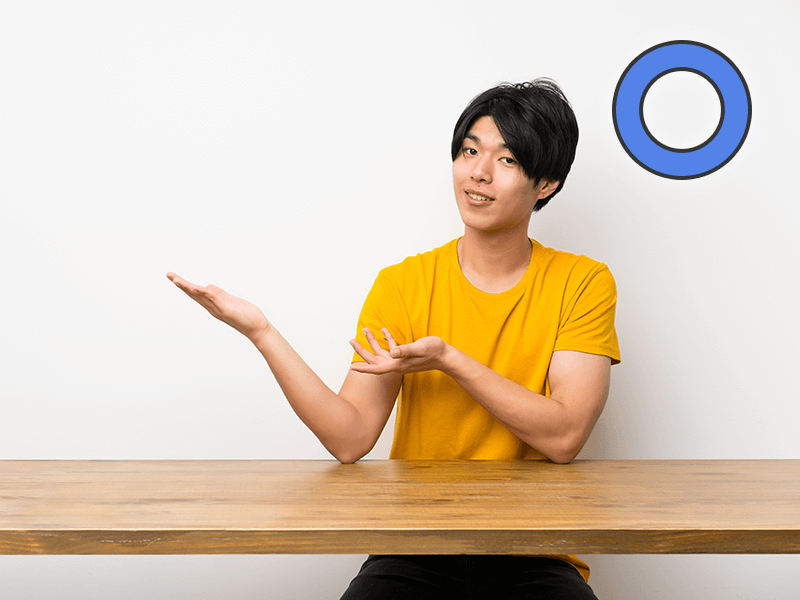
-
she / here

-
I / my friend

-
they / soccer / here
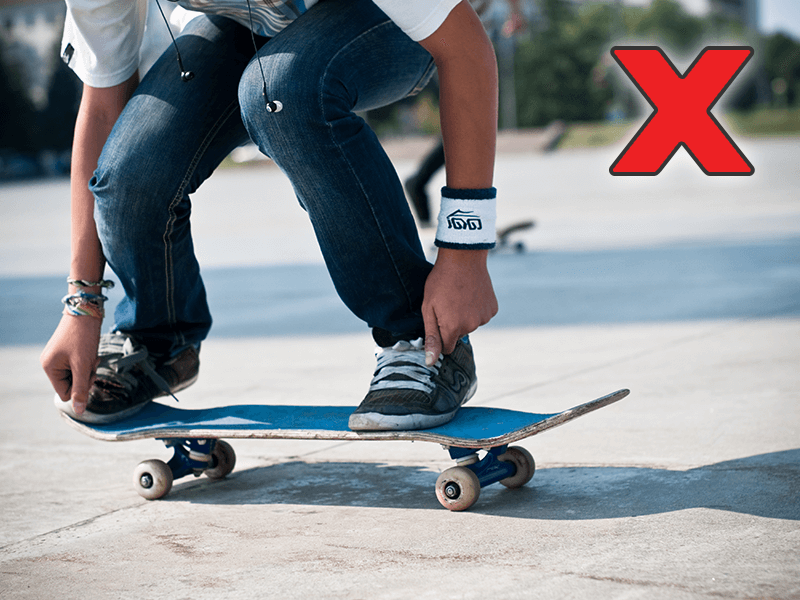
-
you / here

Q&A
グラマーポイントとご自身についての情報を用いて質問に答えましょう。
-
In your country, can I smoke in restaurants?あなたの国では、レストランで煙草は吸えますか?
-
In your country, can people use their phones on the train?あなたの国では、電車の中で携帯電話を使うことはできますか?
-
In our lesson, can I drink water?このレッスンで、水を飲んでもいいですか?
-
In your country, can people use convenience store bathrooms?あなたの国では、コンビニのお手洗いを使うことはできますか?
-
In your country, can I drink alcohol in parks?あなたの国では、公園でお酒を飲むことはできますか?


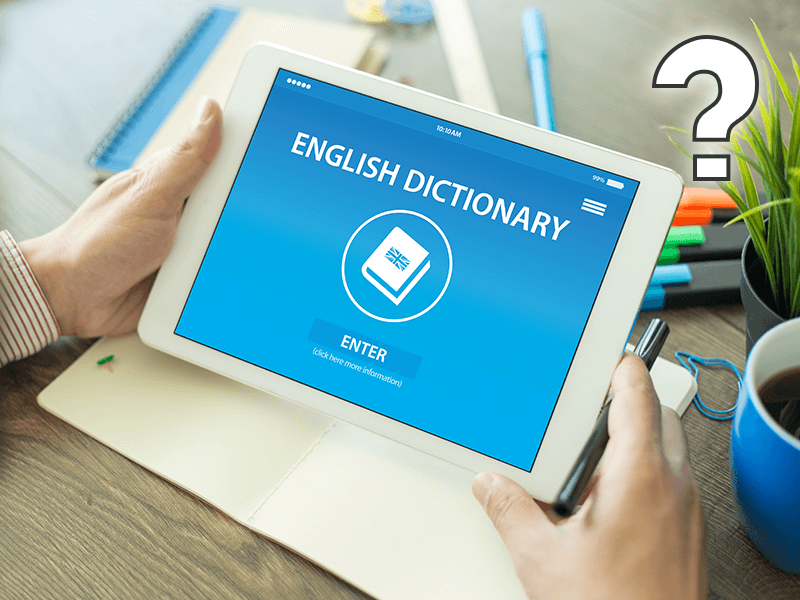
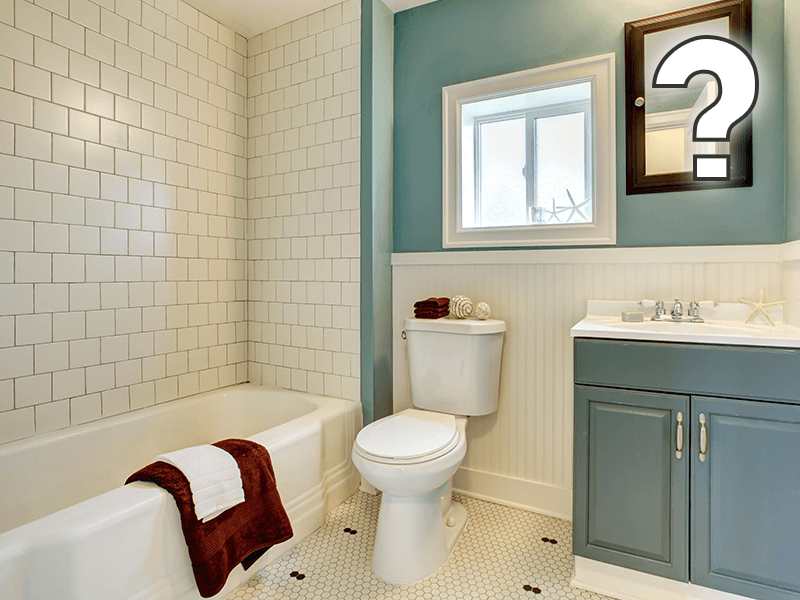



Feedback
I can use can to talk about permission.
許可について話すために、can の使い方を学びましょう。LESSON GOAL ACHIEVEMENT
|
4 |
3 |
2 |
1 |
|---|---|---|---|
|
You were able to use the grammar point very smoothly and naturally. Great job! グラマーポイントをとても自然でスムーズに使うことができました。大変良くできました! |
You were able to use the grammar point with minimal difficulty. |
You were able to use the grammar point but struggled a lot. We recommend taking |
You were not able to use the grammar point. Please take the |
PERSONALIZED FEEDBACK
ACCURACY
正確さ文法が正しく使えているかどうか
